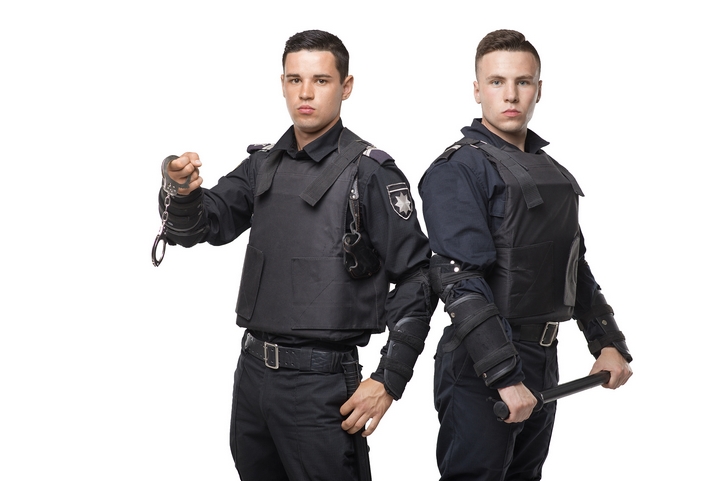Police misconduct is when a police officer does something incorrect or against the law in relation to their official work. This includes using too much power, making wrong arrests, profiling people based on race, forcing things out during questioning and carrying out illegal searches and confiscations. It is very important to know what counts as police misconduct because it helps you realize when your rights have been broken. Misbehavior in law enforcement not only spoils the trust of people, but can also lead to false judgments and needless pain for those who have suffered.
What to Do During an Encounter
If you suspect that police officers are not behaving correctly during an encounter, it is important to stay calm and politely assert your rights. Do not oppose the arrest, as this may make matters worse and result in extra accusations. Instead, express clearly that you do not permit any searches and inquire if it’s possible for you to go away. If the officer continues to keep you in custody or wants to search your belongings, it’s best for you to cooperate. However, make sure that you remember what is happening and ask for the officer’s name and badge number. Do your best to take note of events mentally. Later, write down everything as soon as possible after the incident occurs.
Documenting Misconduct
Documentation is very important to show police misconduct. If it’s safe and allowed, you can use your phone to record the incident. Remember the time, place, details of the officer and anyone who saw what happened. Any injuries or damage to property can be captured in photographs, and this proof may play a key role when you lodge complaints or initiate legal process. Also, writing about what happened in detail right after the event helps to make certain that every fact is correctly noted down while still fresh in your mind.
Filing a Complaint
If you think that you have experienced police misconduct, make a complaint to the internal affairs division or civilian oversight board of the police department. Normally, each department has a method for looking into complaints and it’s the duty of internal affairs to check if police officers are following department policies and legal requirements. Giving strong evidence along with statements from witnesses could help your complaint become more effective and result in a complete investigation being carried out.
Seeking Legal Action
When the police do wrong actions to you, if very serious, maybe you need to go for a legal process. Talking with a criminal lawyer Brampton who has knowledge in civil rights or police misconduct can give guidance on what steps are best. A professional can assist in understanding the complicated legal system, representing your case within court and guaranteeing protection of your rights. Taking legal action can lead to compensation for damages and act as a deterrent by making sure officers are held responsible.
Apart from personal situations, it is important to push for wider police reform to tackle problems in the system. You should back laws and policies that encourage openness, responsibility and improved training for those working in law enforcement. Getting involved with community groups and joining local government can help strengthen your voice when calling for real change. When all people work together to reform policing, it creates a society that is more just and fair. In such a society, police misconduct becomes less probable.

